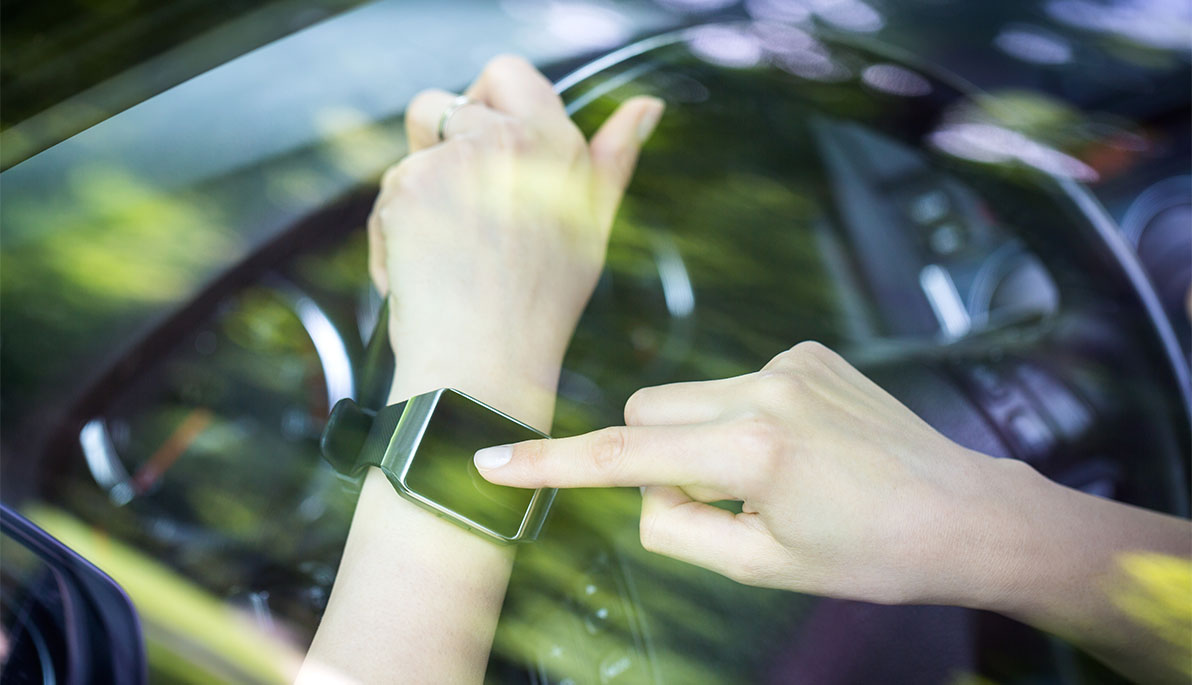News
Smart Devices, Dumb Security
June 2, 2016
Consumers are increasingly connected to the global Internet of Things (a network of personalized Web-connected devices and objects). It’s a broad category that includes everything from Fitbits to connected vehicles, from smart oil rigs to thermostats. But in an op-ed in today’s edition of The Wall Street Journal (subscription required), Babak Beheshti, associate dean of NYIT School of Engineering and Computing Sciences, warns that, when it comes to those devices, serious security precautions need to be taken.
“…with technology growing more pervasive each day, all companies that make Internet-connected devices need to anticipate potential security threats and work to neutralize them,” Beheshti writes. “Billions of Internet-connected devices already have created an enormous opportunity for cybercriminals. Tech companies have stepped up security measures for smartphones, computers and tablets. But other Web-connected devices, such as thermostats, smart refrigerators and wearables have received less attention.” The consequences can be chilling and dangerous. A couple in Washington, Beheshti notes, discovered a stranger talking to their son through a baby monitor. While in Texas, a research team managed to hijack a yacht using a device they made for $3,000.
To address this, he proposes that manufacturers, designers, and cloud providers establish a consortium to launch a global campaign to educate the public. He believes that academia has a role to play, too. “Our faculty researchers are working on promising new data-protection technologies—such as continuous authentication, a nonintrusive alternative to the traditional biometrics such as fingerprints.” He concludes, “If manufacturers fail to address security vulnerabilities, heavy-handed regulators surely will.”
This op-ed is part of an NYIT thought-leadership campaign designed to help generate awareness and build reputation for the university on topics of national relevance. Read more op-eds by NYIT experts.





